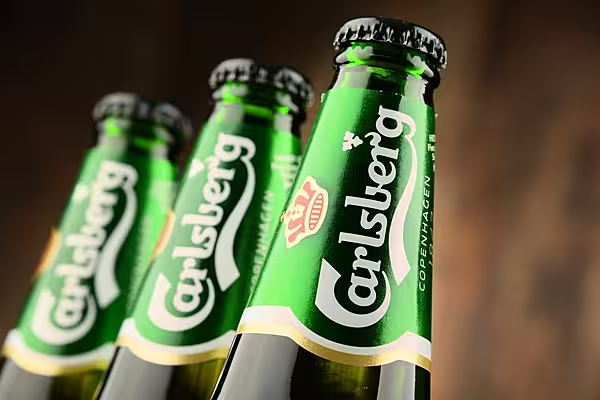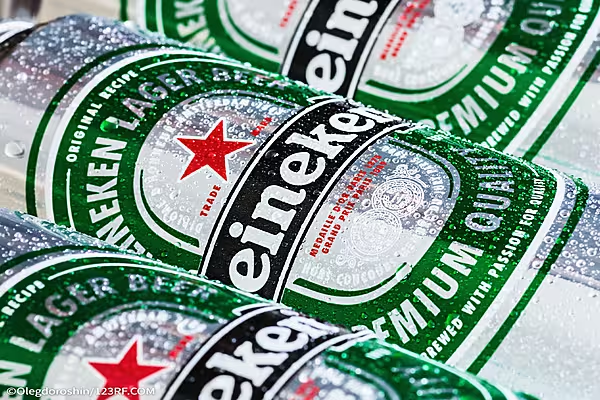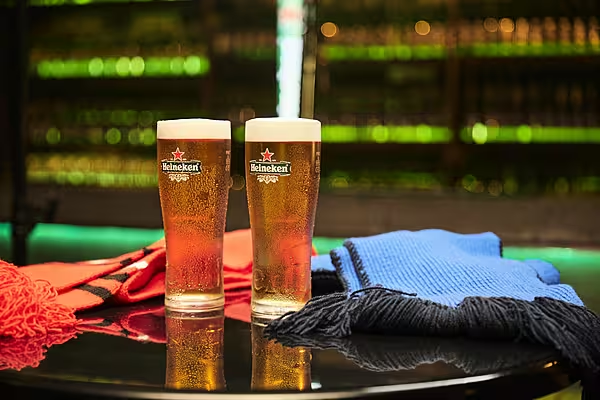Danish brewer Carlsberg has posted third-quarter underlying sales that beat expectations, and raised its full-year earnings guidance thanks to strong sales in Russia and China.
The world's third-biggest brewer, whose brands also include Kronenbourg, Baltika and Holsten, now expects 2020 operating profit, excluding the effects of any acquisitions, to decline by a mid-single-digit percentage, compared with previous guidance of a high-single-digit decline.
The upgrade was due to a strong performance in the third quarter, continued positive volume trends in Russia and China at the beginning of the fourth quarter, and the effects of planned cost reductions, Carlsberg said in a statement.
Relaxed Lockdowns
Beer sales have suffered during the COVID-19 pandemic, but as some countries, including China, Carlsberg's biggest single market by volume, relaxed lockdowns over the summer, the company has seen a rebound enough to prompt it to raise its outlook last month.
Still, as a result of new coronavirus restrictions following a recent spike in infections, sales at restaurants and bars 'face an increasing level of pressure in the coming quarters', Carlsberg said.
Volumes sold at bars and restaurants fell by a fifth in the third quarter compared with last year, it said.
Carlsberg reported sales - excluding the effects of any acquisitions - between July and September of 17.3 billion Danish crowns ($2.8 billion), compared with an average forecast of 16.9 billion from analysts polled by the company.
Shares in Carlsberg have dropped around 20% from an all-time high of 1,064.5 crowns in January.
Volume Growth
“We’re satisfied with our Q3 performance and the fact that we were able to deliver more than 2% volume growth, including strong figures for craft & speciality and alcohol-free brews," commented CEO Cees ’t Hart. "Our earnings upgrade is the result of solid execution and our ability to adjust our business and costs to changing market conditions.
"Consequently, we’re continuing to adapt our organisation, processes and structures to a new market reality, including changed consumer preferences and a temporarily reduced level of on-trade activity.”
News by Reuters, edited by Checkout.









